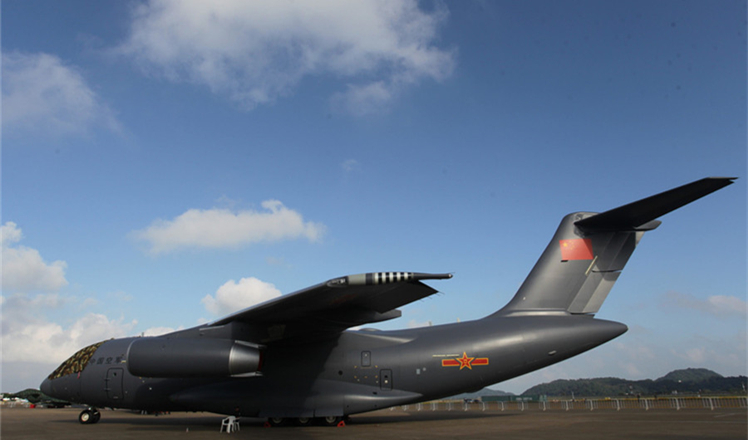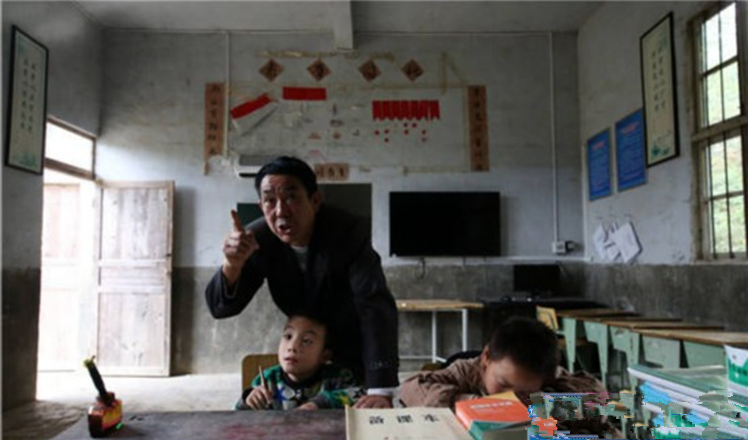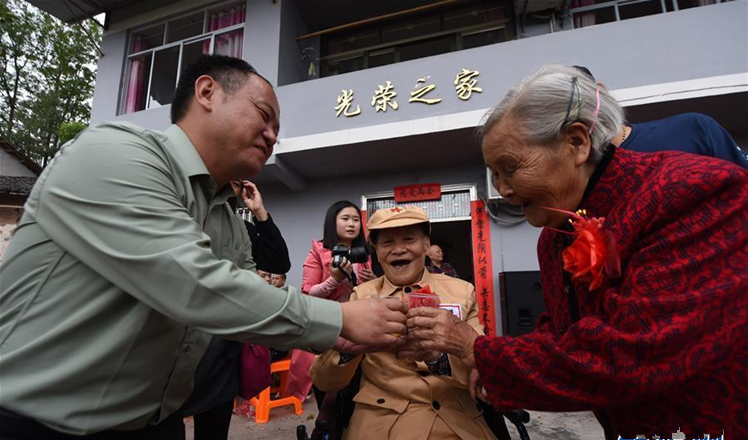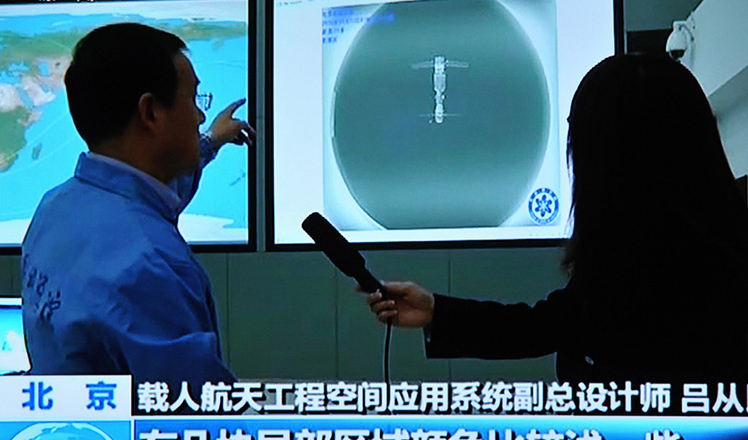China, US cooperation is 'expected'
Updated: 2016-10-26 10:43
By Chen Weihua in Washington(China Daily USA)
|
||||||||
A team of Chinese and US think tank experts has challenged the zero-sum mentality regarding China-US roles in Southeast Asia.
A report released on Tuesday by the Center for American Progress (CAP) and China Institutes of Contemporary International Relations (CICIR) showed that Southeast Asian nations welcome China-US cooperation, especially when the alternative is a rivalry between the two largest economies.
It found that the Association of Southeast Asian Nations (ASEAN) expects to remain in the driver's seat when China and the US collaborate in the region.
The CAP and CICIR experts jointly conducted field research in the past two years across six nations in Southeast Asia - Indonesia, Malaysia, Thailand, Myanmar, Vietnam and Singapore - to identify underexplored opportunities for China-US collaboration in the region.
The report said that mistrust complicates US-China relations and can obscure areas where cooperation might be possible and beneficial.
While ASEAN countries generally welcome the US rebalance to Asia, looking at it as a sign of commitment of US engagement in the region over the long term, many expressed concern over the rebalance that has created "big misunderstandings" and exasperated US-China rivalry, according to the report.
Other findings include that most ASEAN countries see China's Belt and Road Initiative as a big opportunity and expect to benefit from it, and China's Southeast Asia policy is not as troubled as some observers imagine.
ASEAN countries also seek reassurance that China will not become a hegemon. While most experts said that ASEAN nations view China as a power with which they need to and can live, they also stated that China's policies in the region remain "unclear and unpredictable", according to the report.
"Most experts with whom the research team met described China's overall Southeast Asia policy as positive, with the region as hungry as ever to benefit from economic relations with China," the report said.
It also showed that while ASEAN nations have clarity on what China is bringing to the table, they have less clarity on the future US role.
CICIR Vice-President Yuan Peng believes that no matter who wins the election, the US should have a comprehensive review of the rebalance-to-Asia strategy and its China policy.
"Today, more and more Chinese and even some ASEAN countries tend to think that rebalance to Asia is to contain a rising China. Even if it's not 100 percent true, in particular from the US perspective, many Chinese and neighboring countries think that way. Then you should double check and review this policy," he said at a talk at CAP on Tuesday morning.
Yuan described the rebalance to Asia and stable US-China relations as two pillars for the US government. "You can't just use one pillar to sustain Asia policy while ignoring the other pillar," he said.
Vikram Singh, vice-president for national security and international policy at CAP, described the economic dimensions, rather than the military component, of rebalance as the central part.
"The trade debate and the fact that TPP (Trans-Pacific Partnership) is likely not to survive are playing into a feeling in this region that the US rebalance policy is going to falter," he said, adding that the region wants to benefit from both Chinese and US policies.
The report offers seven areas of cooperation for China and the US, such as expanding China-US ocean cooperation to include coastal nations and coastal cities in Southeast Asia and expanding China-US energy and climate cooperation to include Southeast Asian nations.
They also include supporting sustainable infrastructure development in Southeast Asia, expanding bilateral people-to-people cooperation to be trilateral, deepening China-US cooperation in connectivity and considering embarking on a landmark infrastructure project. Also suggested is that the US and China find specific initiatives to cooperate on within the ASEAN institutions and develop a trilateral Track 2 process for cooperation.
"What we found was a concerted desire for the United States and China to cooperate closely with each other as well as with the ASEAN nations, despite the unfortunate reality that the two giants are often at odds with each other," said Melanie Hart, CAP senior fellow and director of China policy.
chenweihua@chinadailyusa.com
- Russian, German FMs discuss Syrian situation
- Workers wield sledgehammers to tear down Calais 'Jungle'
- Panda-themed contest held to mark Belgium-China ties
- Morocco highly guarded to secure upcoming COP22
- Lavrov, Kerry discuss Syrian situation
- Turkish troops kill 17 IS militants since Mosul operation: FM

 Tibet mandala: The world in a grain of sand
Tibet mandala: The world in a grain of sand
 Top 10 Chinese tycoons in IT industry
Top 10 Chinese tycoons in IT industry
 Planes ready to take off at Airshow China
Planes ready to take off at Airshow China
 Teacher's spirit keeps village school open
Teacher's spirit keeps village school open
 A sweet wedding worth waiting for
A sweet wedding worth waiting for
 Top 5 property destinations for Chinese investors
Top 5 property destinations for Chinese investors
 Accompanying satellite sends back images of Tiangong II, Shenzhou XI
Accompanying satellite sends back images of Tiangong II, Shenzhou XI
 Dare you jump
Dare you jump
Most Viewed
Editor's Picks

|

|

|

|

|

|
Today's Top News
'Zero Hunger Run' held in Rome
Trump outlines anti-terror plan, proposing extreme vetting for immigrants
Phelps puts spotlight on cupping
US launches airstrikes against IS targets in Libya's Sirte
Ministry slams US-Korean THAAD deployment
Two police officers shot at protest in Dallas
Abe's blame game reveals his policies failing to get results
Ending wildlife trafficking must be policy priority in Asia
US Weekly

|

|







